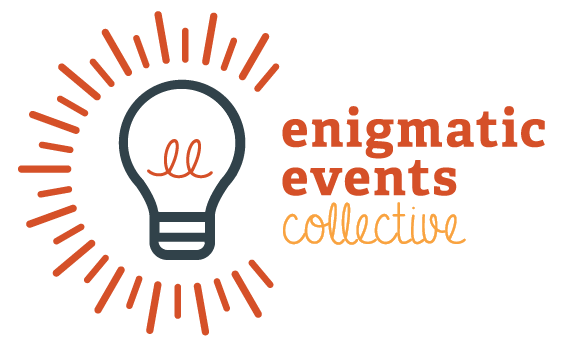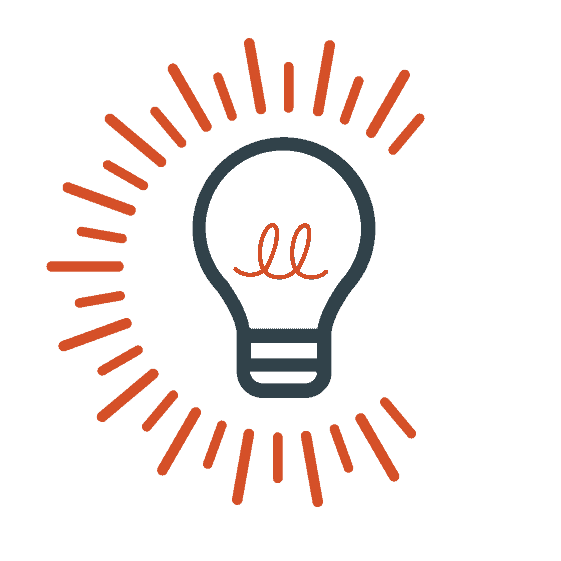Flow in Board Games, and reaching a useful brain state - Part 1
What do we mean by flow?
There is a psychological concept called "flow", first described by Mihály Csíkszentmihályi (try saying that without speaking Hungarian). Flow is a state of mind where you are highly engaged in a task, and performing that task at your highest level of ability, and have a level of contentment in meeting your goals. Reaching this state requires a task that is just hard enough. It has to stretch you, but not to the extent that it causes anxiety. It can't be a routine, learned behaviour, where you can think about something. You have to be involved enough that your attention is dedicated to the task.
In short, you need to be at the right level of stress and arousal. Some stress is good. It helps create the brain chemistry to keep working at an optimum level. At this state, the two main brain stimulants, dopamine and noradrenaline, are active present, but not flooding your neurons. Being in this flow state even for a short period can help your overall mental state for up to twenty-four hours. That creates an overall better satisfaction within yourself, better creativity on other tasks and a better overall focus. Jane McGonigal's SuperBetter uses this idea in part to help build resilience during recovery.
It is possible to use this effect during game play. Casual video games have some a lot of the characteristics that help creating a flow state in the brain, especially as they allow fast responses to a player's actions. I believe some board games can also get you into the "flow state", and be used as a springboard for good things to happen.
Board games
The sort of games that will help this come in two types: one's with fast, quick actions against other players. Responsive observation games like Anomia, Ghost Blitz and Jungle Speed encourage competitive play, and require focus on the cards to do well. However, with mismatched opponents, those behind on the skill level may find the challenge level is too high, creating anxiety or disinterest. And the better players will find the task slightly too easy to really engage with, and so the desired for 'flow' state isn't met.
Computer-centric reaction-based games are ideal for flow creation, as the program itself can adjust the complexity of the play to meet the level of the player. In Candy Crush, for example, this is done in some cases by just lowering the target store for the next level, so the player eventually progresses and gets that success feeling.
But to create flow from a physical game, we need something where players of different abilities can all play, and all met their own level of challenge. You can divide games into two broad types. There's those where the players fight amongst themselves, and the game challenge comes out of this interplay. Games like Chess, Go, Power Grid and Settlers of Catan are examples of this. Of course, you can get highly focussed in these games, but they don't, by themselves, encourage the flow like state.
On the other hand, there are games where the battle is with the designer, who has created a puzzle, with some interactive elements between the players. You can do better at the game over time, and get better at organizing your resources and moves. Games like Trivial Pursuit, Scrabble, Race for the Galaxy and Pandemic fit into this category. Winning can be beating your own personal best and the game itself, and is not purely dependent on the other players.
In Part 2, we look more at this genre of games, and identify ones that would really enable 'flow', and give us the benefits from reaching that state.


